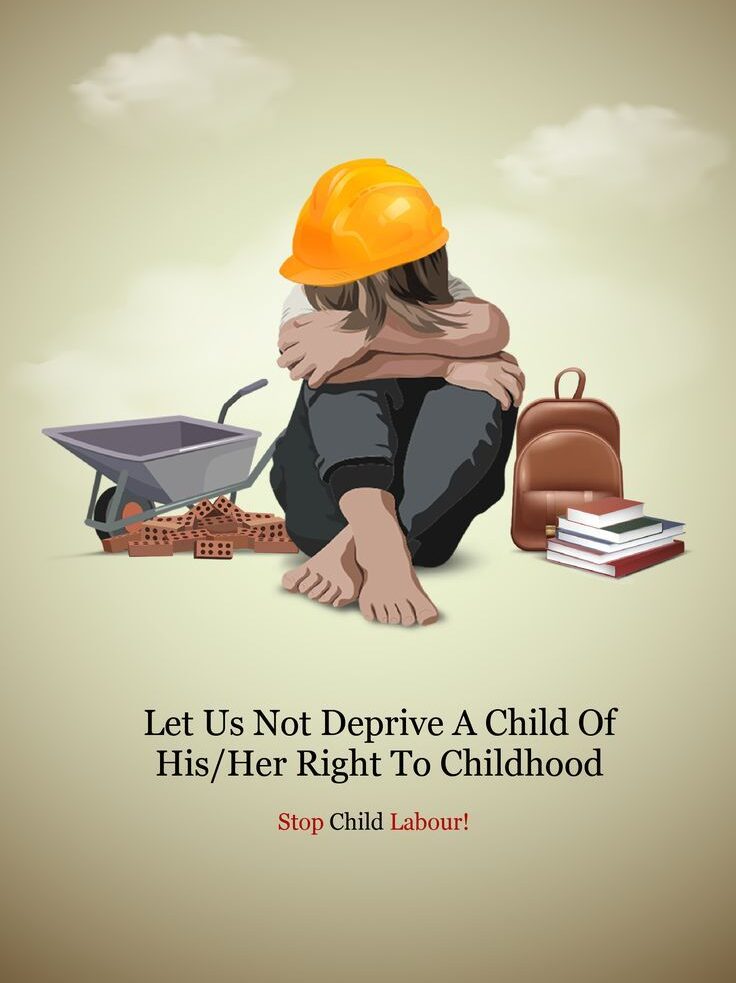Right Against Exploitation (Articles 23–24 of the Constitution of India)
The Right Against Exploitation is a Fundamental Right guaranteed under Part III of the Constitution (Articles 23–24). It aims to protect citizens from all forms of forced labor, human trafficking, and child exploitation, ensuring human dignity and freedom from abuse.
This right is crucial for promoting social justice and equality in a democratic society.
Key Features
Protects Citizens from Forced Labor:
No one can be compelled to work against their will, except under a lawful contract.
Prohibits Human Trafficking:
Prevents the buying, selling, or exploitation of individuals, especially women and children.
Protects Children from Hazardous Work:
Children below the age of 14 cannot be employed in factories, mines, or hazardous jobs.
Justiciable Right:
Citizens can approach courts if these rights are violated.
Articles under Right Against Exploitation
Article 23 – Prohibition of Traffic in Human Beings and Forced Labor
Key Points:
Prohibits human trafficking and forced labor (begar).
Any violation is considered a criminal offense under law.
Ensures freedom and dignity for all citizens.
Significance: Protects individuals from modern slavery, bonded labor, and abuse.
Article 24 – Prohibition of Child Labor
Key Points:
Children under 14 years of age cannot work in factories, mines, or any hazardous employment.
Supports the Right to Education (Article 21A) by ensuring children attend school instead of working.
Significance: Safeguards health, education, and childhood development.
Importance of Right Against Exploitation
Promotes Human Dignity: Prevents abuse, forced labor, and trafficking.
Protects Vulnerable Sections: Women, children, and marginalized groups are shielded from exploitation.
Supports Social Justice: Ensures equality and fairness in society.
Strengthens the Rule of Law: Illegal labor practices and trafficking are punishable under law.
Practical Examples
A factory owner cannot force workers to work without pay.
A child cannot be employed in hazardous jobs and must attend school.
No person can be sold, trafficked, or exploited for labor or commercial purposes.
Government action against bonded labor or human trafficking falls under Article 23.
Conclusion
The Right Against Exploitation is essential for a just and humane society. By prohibiting forced labor, human trafficking, and child labor, it safeguards the dignity, freedom, and well-being of all citizens, particularly the vulnerable. This right ensures that India’s democratic values are matched with social responsibility and protection for every individual.








